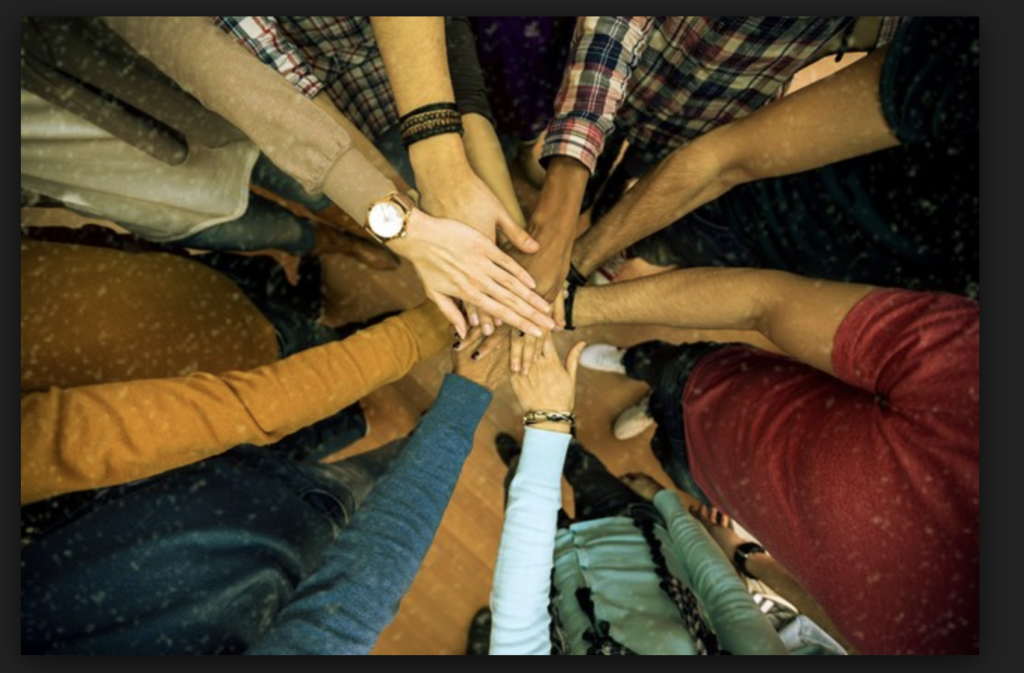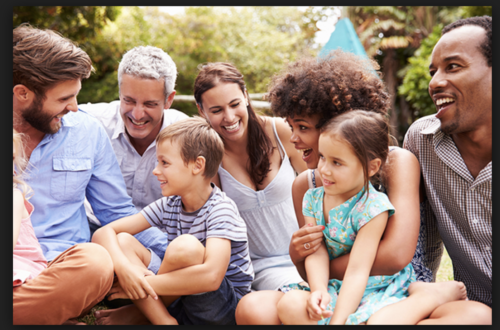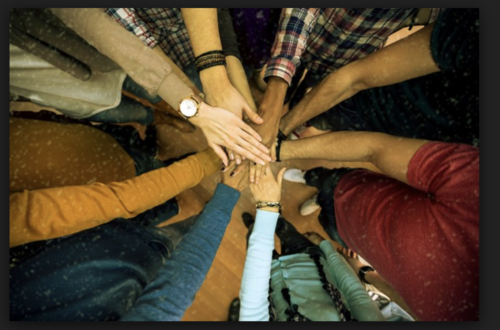
Tips to help you fight racism
Tips to help you fight racism
 As long as racial issues keep getting most of the attention in the United States, we all need to keep working to stop racism. No matter if you know it or not, racism affects everyone and shows up in your daily life. Here are some tips we’ve put together to help you fight racism.
As long as racial issues keep getting most of the attention in the United States, we all need to keep working to stop racism. No matter if you know it or not, racism affects everyone and shows up in your daily life. Here are some tips we’ve put together to help you fight racism.
Make your family and friends answer to you. When people close to you say things that bother you, challenge yourself to have a respectful conversation with them by actively listening and using the E.A.R.S. strategies (credit: Dr. Kathy Obear).
- Explore, inquire and ask questions (s)
- Recognize how they feel
- Restate what they said to make sure it was right.
- Looking for answers together
- Go to workshops, events, conferences, and protests that are about race. Use Happening @ U-Mich (https://events.umich.edu/) to look for events on campus that have to do with race. Do research on local non-profit organizations to find ways to help and ways to get involved. Many of these events are free and open to anyone who wants to attend. MESA’s PIE team also has Anti-Racism Teach-Ins where they talk about how racism shows up in everyday life and give ways to get rid of racism. Here you can sign up.
- Diversify what you know and make sure you don’t have any information bias. Sign up for newsletters from groups that work for racial equality and read news from a variety of sources to learn about different points of view, ideologies, etc. Use different resources, like educational videos and news articles, that offer a more nuanced look at race and ethnicity, as well as updates and steps to take.
- Take courses in different departments about race and ethnicity. Take courses about race and ethnicity that are not part of your major or area of study. By taking classes you wouldn’t normally take, you can learn more about current racial differences through history, current issues, and theory. Asian Studies, The Program on Intergroup Relations (IGR), African American Studies, Islamic Studies, Latino/a Studies, CASC, American Culture, and Arab American Studies are some departments that might offer classes about race.
- Talk to your peers, friends, coworkers, etc. about each other’s boundaries in a thoughtful way. Get out of your comfort zone to have conversations that make you rethink how you see the world by sharing stories and different points of view. Your ideas about racial issues can change if you learn about the lives of other people.
- Be humble as you learn. Try active listening by listening to understand instead of listening to answer. When you decide to get involved, don’t assume that you know or understand the experiences of marginalized groups, especially those that you don’t belong to. If someone tells you about their experiences, make sure to affirm and validate them while being aware of the space you’re taking up.
- Help the businesses, art, and work of people of color. Institutional and systemic barriers have made it hard for many marginalized groups to be represented in the mainstream media, in politics, and in organizations. It’s important to support their work in movies, art shows, books, and music by sharing it on social media, buying their work, and recognizing what they’ve done for their fields.
- Join groups that work for racial justice. Find organizations that are working in communities to improve the lives of people who are affected by racism more than others. Help them by giving money (if you can), giving your time, or telling people about their mission.
- Avoid making comments that are normalized and based on stereotypes. Examples include:
- “Where do you come from, really?”
- “What is your name?”
- “You sound very white” or “You speak very well.”
- “You don’t really look like an Indian to me.”
- “Your eyes are really big for an Asian.”
During a national crisis, like the Covid-19 pandemic, don’t blame certain racial and/or ethnic groups for the problem. Putting the blame for a crisis on an entire community can lead to more violence and overt discrimination against that group (s). Remember that the U.S. is made up of many different kinds of people, and that a person’s race, ethnicity, or skin color has nothing to do with whether or not they are an American. If you can figure out that some comments or actions are racist, you can be a better friend to the people who are being hurt (s).
Download the hobbytwin app and tell a friend for instant hobby matching:
For iPhone/iPad&iPod:









